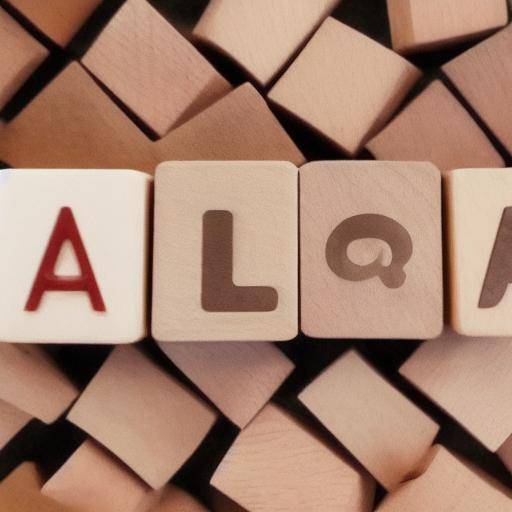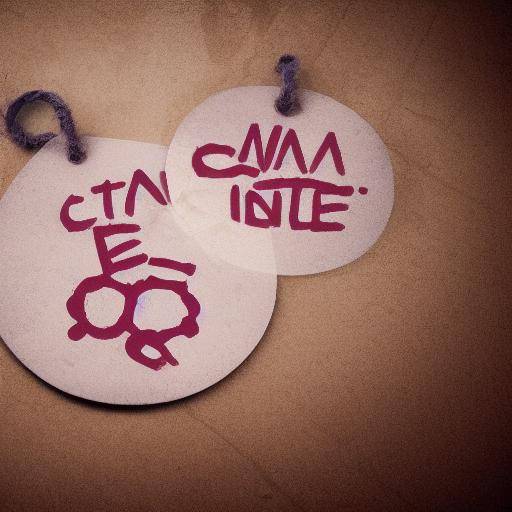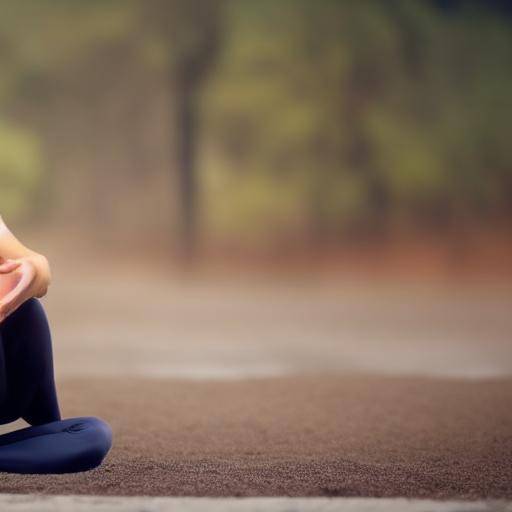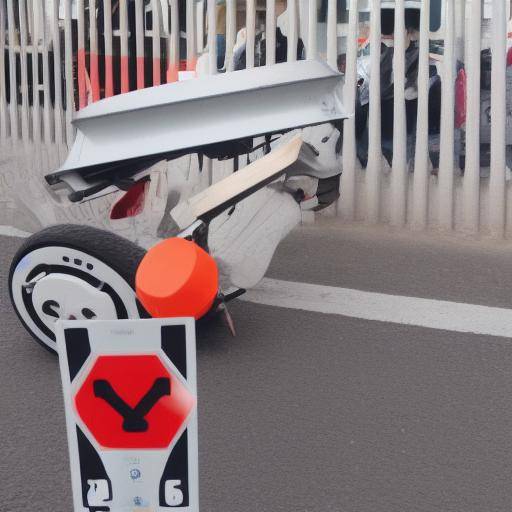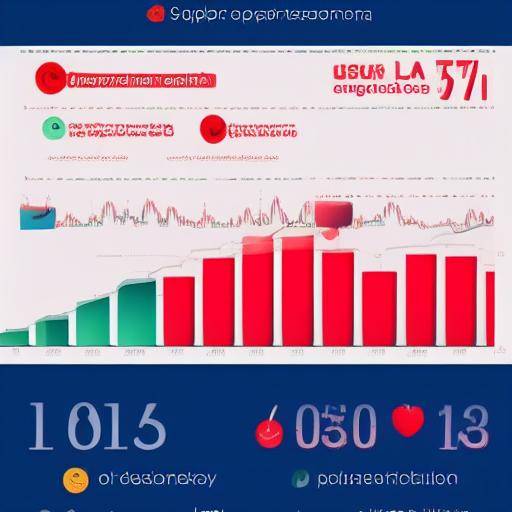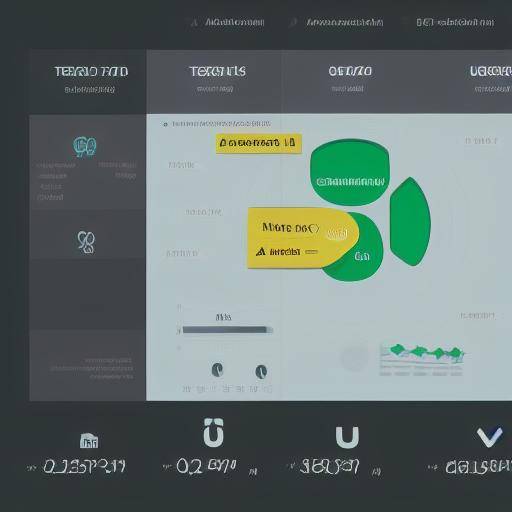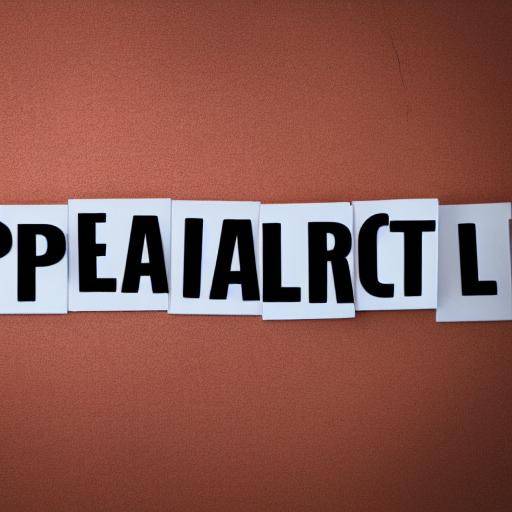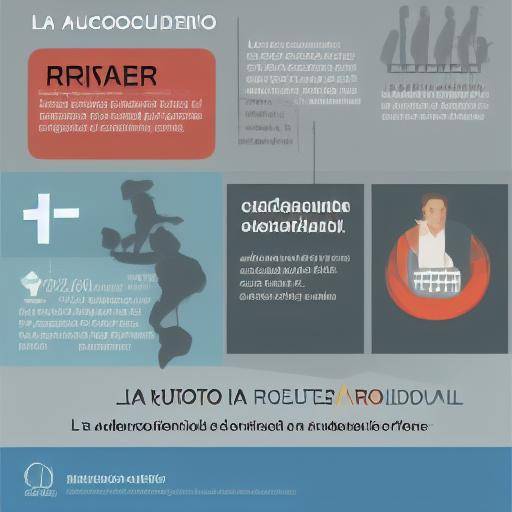
Self-care is a fundamental concept on the road to resilience and integral well-being. Throughout history, humanity has faced challenges, adversities and situations that demand extraordinary capacity for adaptation and overcoming. In this article, we will explore in depth the importance of self-care in the development of resilience, as well as its relation to integral well-being. From its historical meaning to its practical application in everyday life, we will examine in detail every aspect to understand its relevance in today's society.
Introduction
Self-care is a term that covers various practices and habits aimed at preserving the physical, mental and emotional health of a person. Through the incorporation of routines that promote balance and harmony, self-care becomes a powerful tool to face the challenges of life with resilience and inner strength. Resilience, for its part, is defined as the ability to confront and overcome adversity situations, learning from them in the process. Finally, integral well-being encompasses a state of fullness that is achieved through balanced integration of different dimensions of life, including physical, emotional, social, intellectual and spiritual aspects.
History and Background
The concept of self-care has its roots in various traditions and philosophies of life, from the ancient art of healing indigenous cultures to personal care practices in Eastern civilizations. The notion of resilience as a human capacity to cope with adversity has been the subject of study in psychology and sociology for decades, and its importance has become more relevant in contemporary society. On the other hand, integral well-being has been a goal sought by humanity throughout history, although its modern conception integrates aspects of human development and quality of life.
Analysis in Deep
Self-care, resilience and comprehensive well-being are intertwined significantly in people's lives. Self-care provides the necessary tools to strengthen resilience, as domestic resources are generated when meeting their own needs, which enable them to cope with adversity with greater determination and resilience. In addition, the integral well-being is nourished by the balance that promotes self-care, since caring for oneself involves taking care of the different dimensions that make up human health and fullness.
Comprehensive review
The practical application of self-care, resilience and comprehensive well-being results in the adoption of routines, practices and habits that favor physical, mental and emotional health. From regular practice of physical exercise and balanced feeding to effective management of stress and emotions, self-care is built as a fundamental pillar in people's lives. Resilience, for its part, entails the development of coping strategies in the face of difficulties, building capacity for adaptation and overcoming. Integral well-being seeks balance between the different spheres of life, promoting harmony and fullness.
Comparative analysis
Self-care, resilience and comprehensive well-being share the fundamental premise of promoting health and balance in people ' s lives. Although everyone emphasizes particular aspects, their interconnection is evident, since self-care strengthens resilience, which in turn contributes to integral well-being. This synergy manifests itself in the ability of people to face challenges, learn from adversity and transcend difficulties, maintaining a state of integral well-being.
Practical Tips and Accessible Recommendations
To incorporate self-care into everyday life, it is essential to establish routines that promote physical and emotional health. Relaxation exercises, meditation, feeding care, proper rest and the search for recreational activities are key strategies to promote self-care. In addition, developing resilience involves cultivating self-esteem, positive thinking, effective stress management and seeking social support. Finally, the integral well-being is nourished by the harmonious integration of activities that promote the balance between personal, labor, social and spiritual life.
Industry ideas and Expert Reviews
Experts in psychology, human development and integral well-being agree on the importance of self-care as a fundamental basis for resilience and integral well-being. Through self-care strategies, people can strengthen their ability to face adverse situations and maintain a sustainable welfare state. The regular practice of self-care results in increased capacity for adaptation, emotional recovery and balance, determining factors in the development of resilience and integral well-being.
Case Studies and Practical Applications
Various case studies show how the integration of self-care, resilience and integral well-being generates positive results in people's lives. Individuals who incorporate self-care in their daily routine manage to overcome personal and professional challenges more effectively, maintaining an emotional balance and a state of fullness. These experiences show the significant impact of these practices on everyday life and on the ability to face adverse situations with resilience.
Future Trends and Predictions
Future trends in psychology, human development and integral well-being aim at a greater assessment of self-care as a fundamental strategy for building resilience and integral well-being. It is hoped that society will actively recognize and promote the importance of self-care as a powerful tool to confront the challenges of the contemporary world. In addition, resilience and comprehensive well-being approaches will increasingly integrate self-care strategies as a key part of their development and promotion.
Conclusions
In short, self-care, resilience and integral well-being are intrinsically related, forming a vital framework in people's lives. Self-care provides the basis for resilience development, enhancing the ability to overcome adversity and learn from experiences. In turn, resilience contributes to integral well-being, by fostering emotional strength and adaptive capacity. Finally, integral well-being feeds on the balance promoted by self-care and resilience, fostering a fullness that transcends the difficulties.
FAQs
**1. How can I incorporate self-care into my daily life?**Incorporating self-care into everyday life involves establishing routines that promote physical, mental and emotional health. Relaxation exercises, meditation, feeding care, proper rest and the search for recreational activities are key strategies to promote self-care.
**2. What long-term benefits can I get when developing resilience?**The development of resilience entails significant long-term benefits, such as increased capacity to face challenges, a positive attitude towards adversity, the ability to learn from experiences and greater emotional strength.
**3. What is the difference between integral well-being and emotional well-being?**Integral well-being encompasses different dimensions of life, including physical, emotional, social, intellectual and spiritual aspects, while emotional well-being focuses specifically on the health and balance of emotions.
**4. What is the impact of self-care on resilience?**Self-care strengthens the ability to face adverse situations and promotes emotional recovery, contributing significantly to resilience development .
**5. What is the relationship between self-care and mental health?**Self-care is closely related to mental health, as it promotes the proper management of stress, emotional balance and prevention of mental disorders.
**6. How can I strengthen my resilience in the face of stress?**In order to strengthen resilience in the face of stress, it is essential to cultivate self-esteem, effective stress management and social support, as well as to maintain a positive and proactive attitude.
Conclusion
In conclusion, self-care, resilience and integral well-being represent fundamental pillars in human life, strengthening the capacity of people to face the challenges of life with strength and balance. The integration of these practices into everyday life entails significant long-term benefits, strengthening physical, emotional and mental health, and promoting a state of integral well-being. By understanding the importance of self-care in the development of resilience and comprehensive well-being, people can cultivate effective strategies to address adversity and maintain a sustainable balance in all areas of their lives.
As society actively recognizes and promotes the importance of self-care as a powerful tool, the positive impact on the health and well-being of people will be remarkable. Self-care, resilience and comprehensive well-being represent not only individual strategies, but also fundamental pillars for building more resilient, healthy and balanced societies.



